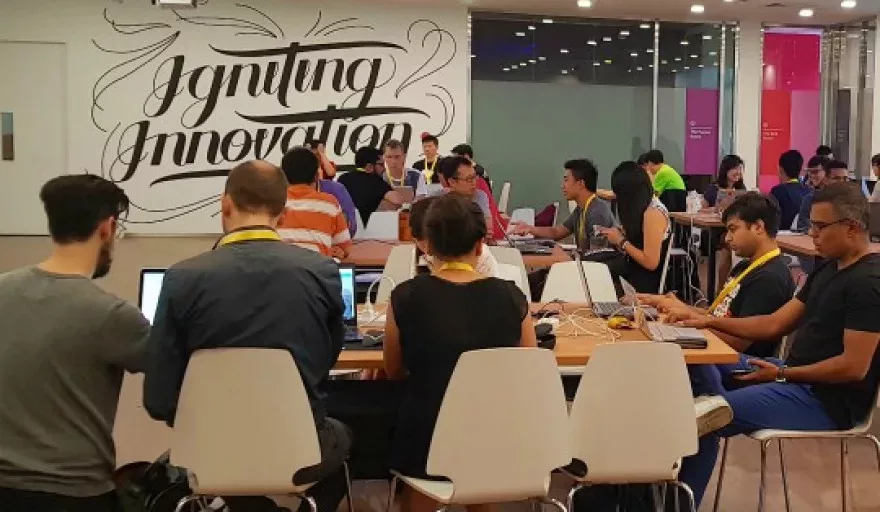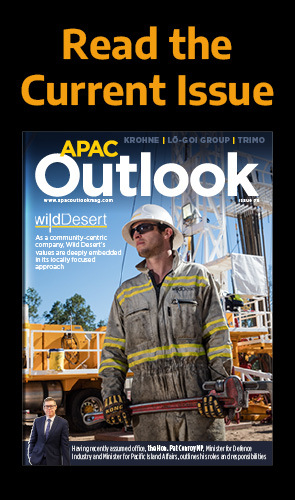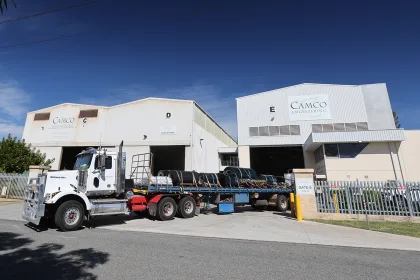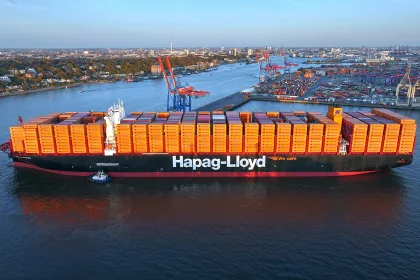Launched in 2014, the Unilever Foundry is a global platform facilitating startups and innovators to engage, collaborate and explore business opportunities with Unilever and its more than 400 brands and functions.
- Q&A WITH BARBARA GUERPILLON, UNILEVER FOUNDRY
- The notion of a ‘tech-startup’ is significant on a global scale, but how pivotal is it in Southeast Asia specifically in bringing new levels of innovation to the region?
- How pleased were you with the response to your model from within the business community?
- Having now announced the 30, please talk me through the core aspects/traits you looked for in the successful candidates?
- What benefits these 30 startups now enjoy from being part of the Unilever Foundry 30 SEAA, and how does Unilever Foundry plan to assist these enterprises in their visions?
- Looking forward, what would you hope and expect to see from these startups as they look to make an impact on Southeast Asia’s tech domain?
Committed to transforming Unilever’s growth model to make sustainable living commonplace, Unilever Foundry is enabling a vision of collaboration with innovators in order to realise the internationally-renowned Group’s ambitions.
The Unilever Foundry focuses on working with startups across six focus areas: Marketing Tech & Ad Tech; Enterprise Tech; Consumer & Market Intelligence; Products & Ingredients; New Business Model Innovation; and Social Impact Entrepreneurs. And, since its launch, it has worked on more than 100 pilots around the world with pioneering startups.
Barbara Guerpillon, Head of Unilever Foundry SEAA and LEVEL3 introduces: “Our brands and functions create briefs via the Unilever Foundry which outline specific business challenges that need solving and opportunities we are seeking to grasp.
“One unique advantage that the Unilever Foundry holds is our global network. Startups are not limited to briefs in the region but can leverage Unilever’s connections to explore opportunities worldwide. Photospire (a contextual video platform) is an example of a startup that answered a brief in Singapore but ended up working with our teams in the United Kingdom.”
In Singapore, the Unilever Foundry – along with its partner, Padang & Co. – established LEVEL3, a collaborative workspace to bring together Unilever, startups and entrepreneurs to deliver business impacts.
Officially opened in February, 2017 in Unilever’s regional headquarters in Singapore, LEVEL3 is now home to more than 60 companies as well as ecosystem partners such as Microsoft, Google and Deloitte.
APAC Outlook spoke to Guerpillon about the significance of such an entity in the budding ASEAN region.
Q&A WITH BARBARA GUERPILLON, UNILEVER FOUNDRY
Barbara Guerpillon (BG): Southeast Asia is the fastest growing internet market in the world. Combined with a rising middle class and more social consumers, the region is an exciting hotspot for Unilever and for startups. With this rapid digital evolution, we saw an opportunity to connect with startups that we believe will positively influence the region from a technological, consumer and social impact point of view.
We created the Unilever Foundry 30 South East Asia Australasia (UF30 SEAA) to provide startups with an opportunity to gain exposure with our brands and functions across the region.
The selected startups have facilitated access to our brands as well as to our global Unilever Foundry community, mentorship, and guidance from Unilever’s partners and invitations to key internal events. Today, startups like Try&Review, Happi, DAV and Emporio Analytics are now working with us, and opportunities are arising for others like Taptopick and POPxo.
The notion of a ‘tech-startup’ is significant on a global scale, but how pivotal is it in Southeast Asia specifically in bringing new levels of innovation to the region?
BG: With a population of more than 600 million people, half of whom are below the age of 30, and a growing middle class (more than 80 percent of the population are predicted to be middle class by 2030), Southeast Asia presents a unique opportunity for growth. We very much see innovation playing a crucial role in supporting the development of emerging markets such as Indonesia, Philippines, Thailand and Vietnam, which is why it is pivotal that we nurture startups who can significantly impact the region with their technologies.
By strategically basing our collaborative workspace, LEVEL3, in Singapore, Unilever is able to provide the entrepreneurial community in Singapore and Southeast Asia with the proximity to connect to Unilever’s brands and functions, as well as to leverage Unilever’s expertise, mentorship and guidance to scale. LEVEL3’s ambition is to support the local startup ecosystem by building a strong community of startups and entrepreneurs in Southeast Asia, from Singapore.
Additionally, we are also seeing tech startups drive urban growth and contribute to local communities. For example, billionBricks, a non-profit organisation that works with homeless and displaced communities in Asia is one of the 30 startups under the UF30 SEAA, and has invented innovative housing solutions to give the homeless a place of their own. Through its business model, billionBricks gives back to the community, and is an example of how tech startups can bring new levels of innovation to the region.
How pleased were you with the response to your model from within the business community?
BG: We received more than 100 applicants with more than 60 percent of applicants from the SEAA region, further demonstrating the growing number of startups here. Our judging process included executives from Unilever, Millennial 20/20 and Padang & Co.
We were extremely pleased with the quality of the startups who were selected to be part of the Foundry 30, and are already working with more than a handful of these companies to develop new initiatives.
Having now announced the 30, please talk me through the core aspects/traits you looked for in the successful candidates?
BG: The main criterion was that the startups had to be operating in one of the five areas identified by Unilever as future areas of innovation. The areas include retail; media and advertising; brand and content innovation; data, insights and personalisation; and sustainability and social impact.
We also evaluated the startups based on their readiness to scale and their innovative approach to integrating technology to develop their business ideas.
What benefits these 30 startups now enjoy from being part of the Unilever Foundry 30 SEAA, and how does Unilever Foundry plan to assist these enterprises in their visions?
BG: As part of the UF30 SEAA, the startups now receive opportunities to work directly with Unilever’s brands via Foundry briefs, and gain access to Unilever’s mentors and partners. They are also invited to join the startup community and Unilever at LEVEL3.
Looking forward, what would you hope and expect to see from these startups as they look to make an impact on Southeast Asia’s tech domain?
BG: Through collaboration at LEVEL3, we aim to eliminate barriers between corporates and startups by nurturing a cooperative learning environment. We hope that direct access to Unilever will help startups to progress faster and develop more innovative solutions as they continue to scale.
At the same time, Unilever strongly advocates co-working with purpose and innovating for social and economic sustainability, and we hope that startups can work with us to develop solutions which will help us achieve our many sustainable ambitions we have within the region.





























